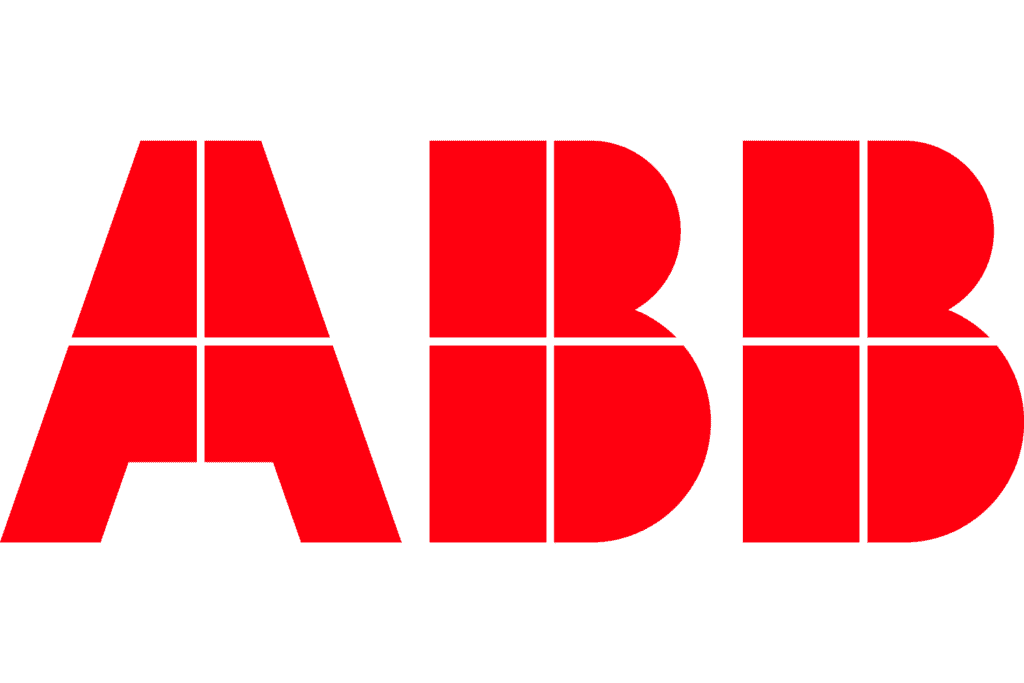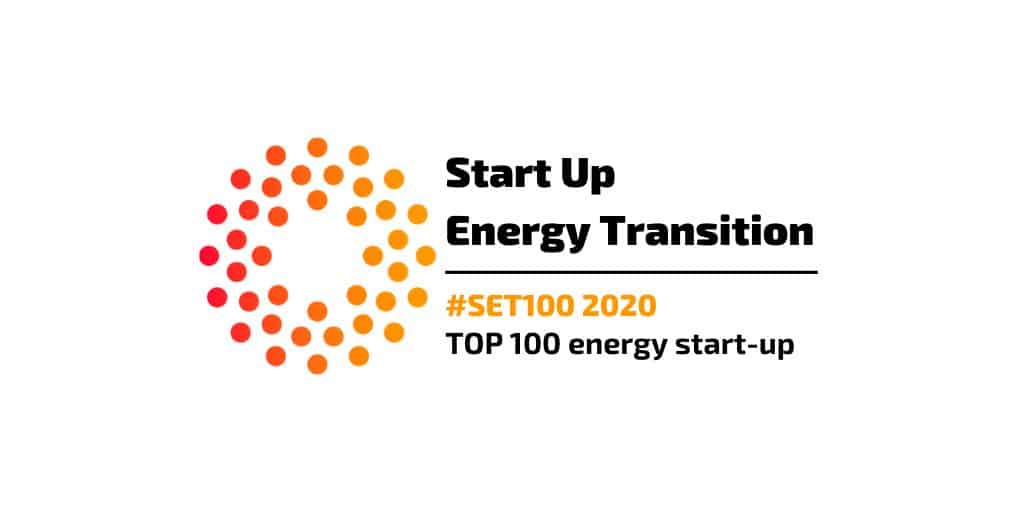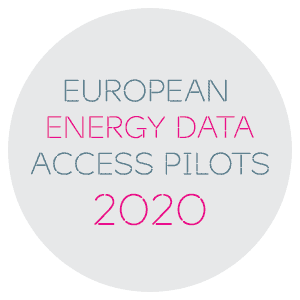
27.09.2023
Smart meters continue to be rolled out across parts of Europe, gradually replacing classic gas and electricity meters. A smart meter is a modern kind of meter, where the display shows the consumer how much energy they are using. Smart meters also automatically send your usage (your meter readings) to your supplier, saving consumers from having to do this manually and ensuring the bills are accurate. A smart meter shows a consumer their consumption in real-time. This gives consumers the opportunity to consume electricity more intelligently and can help them to make small changes to reduce their energy usage and ultimately their energy bill.
Despite the new technology proving useful in many ways, a lot of people still have concerns regarding smart meters. One of the main concerns that many consumers state is a lack of trust in the safety and security of a smart meter. This may hinder their switching to a smart meter – but user privacy and safety are in fact a priority when it comes to smart meters. The only information that a smart meter will share with the energy supplier is your energy usage. Personal details such as name or banking information are not stored by your smart meter. The data is only used to provide accurate bills and not for any other purposes. In the case that data is shared for analysis purposes, this is done anonymously and only with prior consent by the consumer. As for health concerns, all smart meters must pass EU regulations to prove they are safe to use, just like any other home appliances or electronic devices. There is no evidence to suggest that smart meters harm our health in any way and having met EU safety standards, they are considered completely safe to install and use in the home.
Another concern expressed by some people looking to switch to a smart meter is that it might negatively affect their WiFi connection at home, or they fear their WiFi connection is simply not strong enough to sustain a smart meter along with other household appliances. This concern is completely unfounded, however. A smart meter actually has its own sim card and uses a separate secure data network to send meter readings – and therefore should not affect your home WiFi connection at all. In fact, a WiFi connection is not even required to use a smart meter, so even if your home WiFi connection is weak or if you do not have WiFi at all, you can still reap the benefits of installing a smart meter.
A final factor that prevents people from installing a smart meter is that they do not own their own home. But you do not need to own a property to install a smart meter. As long as you obtain permission from your landlord or property owner first, you can still install a smart meter in a rented property. Since a smart meter can help save you money by showing how much you are consuming in real-time, it is still beneficial to have one even if you are not a homeowner. You can even change energy supplier while using a smart meter without any issues.
Installing a smart meter offers many benefits to consumers, particularly when it comes to energy management. Many of the concerns surrounding smart meters are unnecessary. They are safe, reliable, do not share your data without your consent, and you do not need a WiFi connection nor must you be a homeowner to benefit from one. Having a smart meter puts consumers back in the driving seat when it comes to monitoring their energy use and gives them the opportunity to spend less on their energy bills by consuming in a smarter way.
To go one step further, consumers in Flanders can now sign up to re.alto’s new Xenn product. There are financial benefits in knowing and particularly in understanding what your devices are doing in near real-time. That is why we launched Xenn based on capturing near real-time data from smart meters and making this data comprehensible for the average consumer. If you have a capacity tariff, this data can help you avoid peak consumption and reduce your bill by making you aware of exactly what you are paying in real-time and in ensuring you do not increase consumption by using multiple devices all at once. Spreading electricity consumption throughout the day can potentially reduce energy costs, saving consumers money. With Xenn, users simply attach a P1 dongle to the P1 port on their smart meter and then connect to their dongle via the user-friendly Xenn app and web portal. The dongle reads the data from the meter 24/7 and provides the consumer with easy-to-understand insight into their energy consumption via the app. Xenn includes tariff information, giving the user insight into their costs, and translates all the technical gibberish into plain Dutch, thus simplifying energy and making it much easier to understand. Xenn calculates the current costs of the user’s energy consumption, so that they can see how much the capacity tariff will cost them in euros and so they can adjust their advance to avoid negative surprises on their final invoice. Through the app, the consumer has easy access to the most important data relating to their consumption and costs, and the app will also notify them about any peaks in consumption and cost spikes. In using Xenn in combination with their smart meter, consumers can avoid surprises when it comes to bills and better monitor and manage their energy consumption. Xenn is currently available in Flanders.
If you have questions or if you would like to be kept updated on this, please get in touch at info@realto.io












